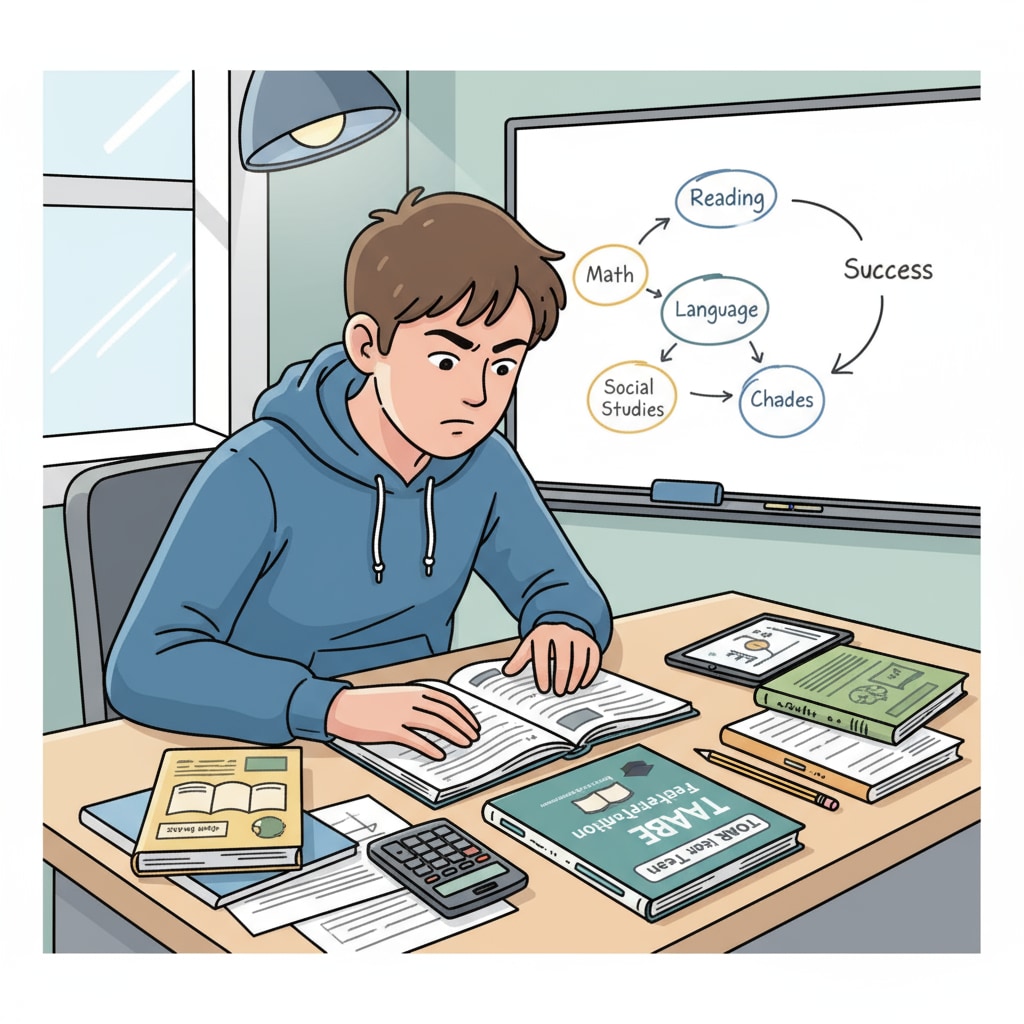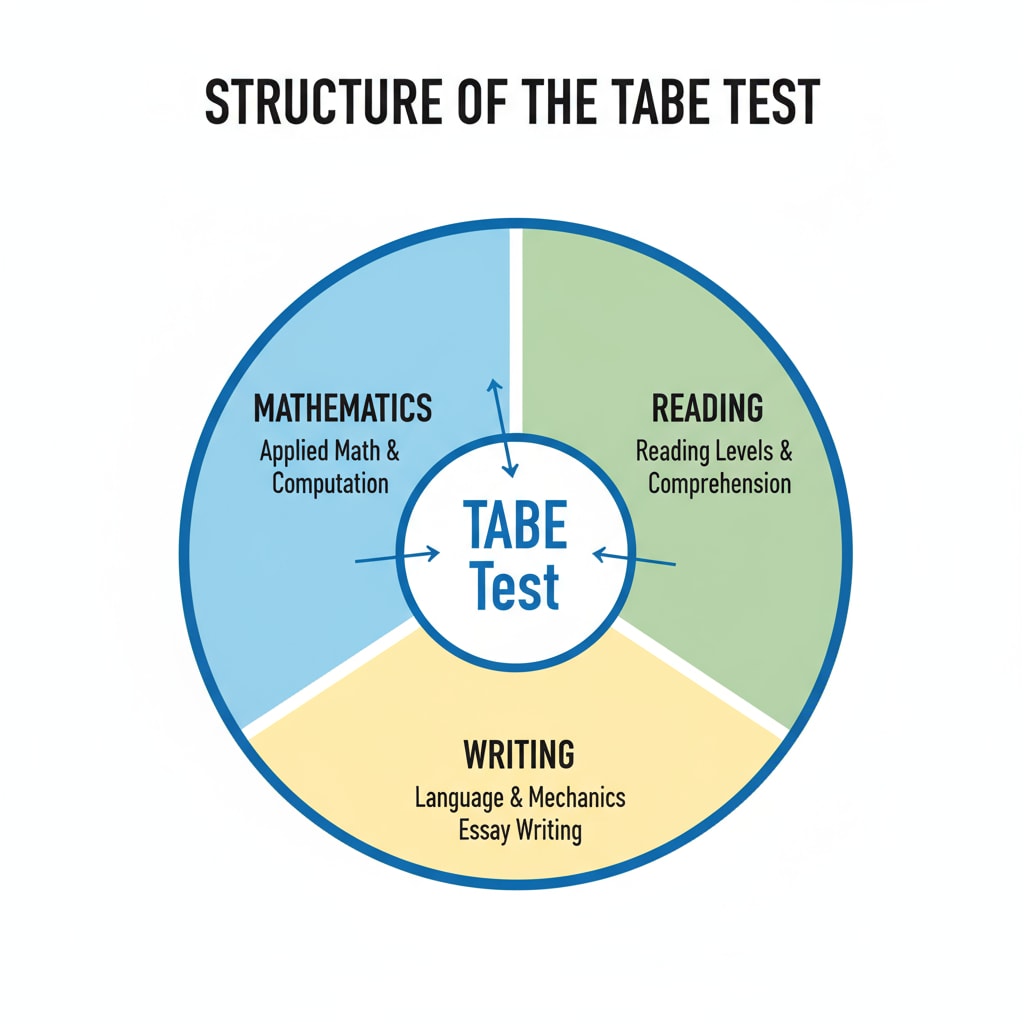Embarking on the journey to become a firefighter is an exciting and noble pursuit. However, for many aspiring candidates, the TABE (Test of Adult Basic Education) test stands as a significant hurdle, especially when it comes to the math section. This test is a crucial part of the EMT (Emergency Medical Technician) training entrance requirements. In this article, we will explore effective strategies to help you overcome these math challenges and ace the TABE test, bringing you one step closer to your dream of becoming a firefighter.

Understanding the TABE Test for Firefighter Aspirants
The TABE test is designed to assess an individual’s basic academic skills, including reading, writing, and mathematics. For those seeking to enter EMT training on their way to becoming firefighters, a solid performance in the math section is essential. It measures your ability to handle various mathematical concepts that are relevant to emergency situations and the day-to-day operations of a firefighter. According to Wikipedia’s entry on the TABE Test, it provides an accurate evaluation of your skills level. This understanding is the first step in formulating an effective study plan.

Overcoming Math Anxiety
Math anxiety is a common issue among many TABE test-takers, especially those aiming for a career in firefighting. It can significantly hinder your performance. To overcome it, start by changing your mindset. Instead of viewing math as a daunting obstacle, see it as an opportunity to grow and prove your capabilities. Practice relaxation techniques like deep breathing before and during your study sessions. In addition, break down complex math problems into smaller, more manageable parts. This approach, as recommended by Verywell Mind’s article on overcoming math anxiety, will make the learning process less overwhelming.
Next, let’s dive into some specific study methods that can help you master the math skills required for the TABE test.
Readability guidance: We’ve used short paragraphs to make the content easy to digest. The lists and external links provide useful resources. By addressing math anxiety first, we set a positive tone for the study strategies ahead. We’ve also incorporated transition words like ‘instead’ and ‘in addition’ to enhance the flow.


